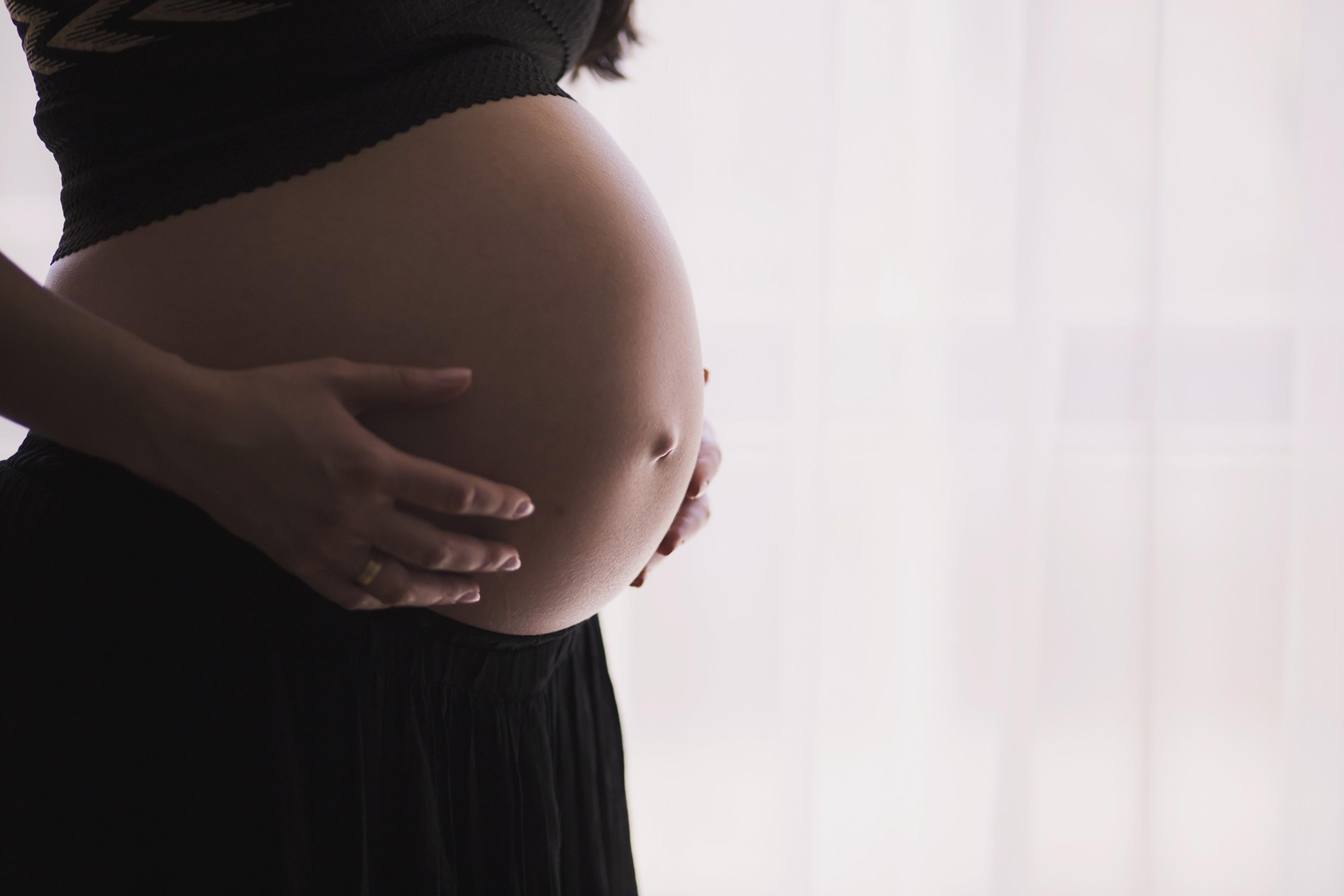Class Times
In line with the recent guidelines our classes can be done in the comfort of your own home via zoom or in your own time via our recorded link option. For more information please contact reception on 02891 871701
Yoga postures and breathing techniques can help to:
- Increase your confidence in an otherwise uncontrollable situation
- Build confidence in your ability to give birth
- Improve your energy levels
- Enhance relaxation and feelings of well-being
- Improve your self-image
Yoga can help alleviate many of the discomforts of pregnancy including:
- Back pains
- Swollen ankles
- Heartburn and indigestion
- Poor sleep
- Varicose veins
Both Pilates and Yoga focus on developing strength, balance, flexibility, posture and good breathing technique. With its emphasis on the unity between the mind and body, yoga has a more spiritual side that Pilates does not.
A Yoga class follows a sequence of postures, these movements aim to increase the strength and flexibility of the whole body with focus on breathing and meditation.
Pilates focus much more on precise movements to target specific parts of the body. There is a stronger influence on toning the postural muscles and functional movement patterns of the body as well as increasing flexibility. Both should promote relaxation and total body integration, balance and a feel good factor at the end of class!
Pregnancy Pilates
Pilates during pregnancy is a great way to enhance your posture, build strength, maintain your wellbeing and ensure you are in the best condition to welcome your precious new arrival. At Physio Plus NI our APPI trained teachers are on hand to guide through a safe and effective program. Exercise during pregnancy requires some adaptation to position, load, control and time. Our team have all undergone specific training to be educated on what is required for you to achieve your best results, in a safe and effective way.
Currently, we are not conducting group classes. However, Pilates sessions are available on a personalised basis, either one-to-one or a one-to-two, led by our certified Pilates-trained Physiotherapists. Additionally, our standard Pilates classes cater to individuals who are at least 12 weeks postpartum. We’re excited to announce that starting August 2024, we will be introducing Pregnancy classes. Stay tuned for more details!
Strengthen your stomach and gluteal muscles
A hormone released during pregnancy called relaxing causes the ligaments that connect your bones to become more flexible, making you more prone to pelvic pain and lower back pain. Strengthening your deep abdominal muscles will help counter the laxity so you’re less likely to develop pain in your pelvis and lower back. Pilates is also great to strengthen your gluteus medius which helps minimise pain in your sacrioliac joint (SIJ).
Reduces back pain
By strengthening the deep abdominal muscles you are less likely to develop back pain. Pilates also helps to give you better awareness of your posture, which tends to change as your baby grows which further helps to decrease pain in your back.
Strengthen your pelvic floor
The weight of your baby plus the hormonal changes can weaken your pelvic floor muscles (PFM). Pilates can help to strengthen this hammock of muscle that sits under the pelvis to support your bladder and bowel and reduce the risk of incontinence that could develop during or after your pregnancy.
Control your breathing
Breathing is a key focus in all Pilates classes, and is especially useful for pregnant women to learn, as good air exchange is important for you and your baby. Learning to control your breathing is also beneficial for labour. Stiffness in your upper back which develops as your belly grows can restrict deep breaths, so exercises like the arm opening will help to maintain flexibility in this area.
Improve balance
Due to the change in posture and where your weight is distributed you may feel more clumsy or unstable when pregnant. Pilates helps your balance by increasing your core strength and teaching you to be sensitive to these postural changes.
Reduce Strain when you get in and out of bed
In pre-natal Pilates we teach exercises in various safe and comfortable positions, to help reduce the load on your pelvis and lower back.
Maintain healthy weight
It is normal to gain weight throughout the pregnancy, however if a woman puts on more than the recommended weight she is at an increased risk of gestational diabetes. Doing regular, gentle exercise can help control a healthy weight gain throughout the pregnancy.
Strengthen the legs
During pregnancy some women experience fluid retention, leg cramps and may develop varicose veins. Strengthening exercises for the legs can help to reduce the risk of these side effects.
Relaxation
Taking some time for yourself during your pregnancy when there are a lot of changes happening all around (and inside) you is important. Pilates gives you an opportunity to switch off from work and day-to-day stresses and let the mind slow down while reflecting on the physiological changes in your body.
Speed up recovery post-partum
Keeping in shape through your pregnancy will help you to get back your pre-pregnancy body more easily!
“I completed 3 pregnancy yoga sessions, and found them so useful (more so than ante-natal classes!) I would highly recommend. It was a rare time for relaxation and focus. The practical breathing and position techniques that were taught were great and I hope to put into practice in the not too distant future!”
Hanna C
